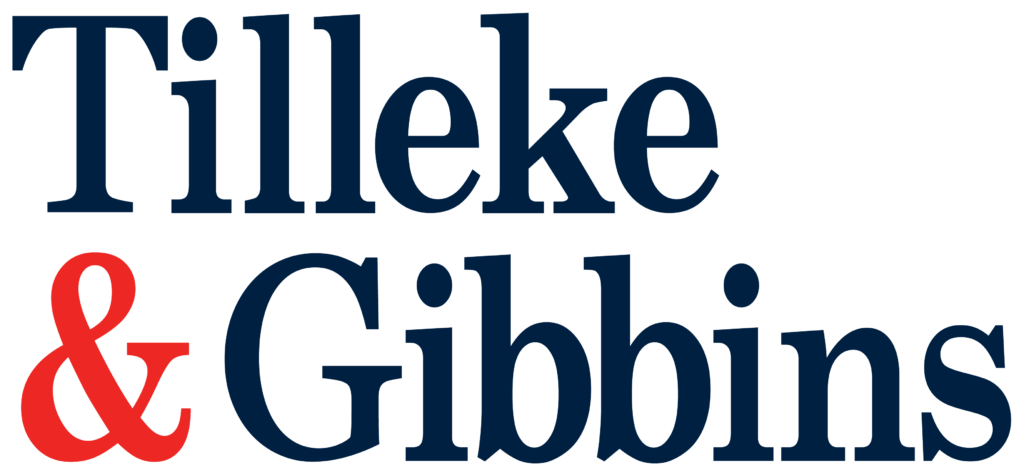Thailand has announced tax exemptions for issuers and holders of depositary receipts (DRs) of listed foreign securities to encourage DR transactions, create more investment products in the Thai capital markets, and promote and offer opportunities for retail investors to invest in foreign securities. The exemptions are laid out in the Royal Decree under the Revenue Code B.E. 2481 (No. 775) B.E. 2566 (Royal Decree No. 775), which came into force on August 16, 2023.
DRs are certificates representing underlying foreign securities listed on a foreign exchange, but DRs are listed and traded on the Stock Exchange of Thailand (SET). Holders of a DR can receive the same benefits payable from the underlying listed foreign securities as direct holders of the listed foreign securities.
According to the relevant notifications from Thailand’s Securities and Exchange Commission (SEC), DRs include the following:
- Certificates that confer the right to receive financial benefits equivalent or in reference to the received financial benefit from certain underlying listed foreign securities held by the certificate’s issuer;
- Unitized instruments having the same terms and conditions for each unit and issued by a custodian for the purpose of representing the holder’s right to claim for the deposited underlying listed foreign securities subject to the deposit agreement, or other rights as described by the custodian in the instrument.
Issuance of a DR is subject to similar approval and disclosure requirements as those the SEC sets for general securities issued in Thailand.
The recently announced tax exemptions for DR issuers and holders—which also apply to fractional DRs (also called DRx)—are detailed below.
Corporate Income Tax Exemption
Under Royal Decree No. 775, companies or registered partnerships that issue a DR in accordance with the Securities and Exchange Act B.E. 2535 (1992) (SEA) are exempt from paying corporate income tax (CIT) for income received from holding foreign securities for the purpose of DR issuance, subject to two conditions: (1) the income must be, in turn, paid to any holders of the DR, and (2) the company or partnership cannot claim the income as a tax-deductible expense when calculating its net profits for CIT purposes.
Under the SEC notifications concerning DR, only commercial banks, securities companies, and wholly owned subsidiary companies of the SET can offer DRs for sale. Therefore, registered partnerships cannot yet benefit from the CIT tax exemption of Royal Decree No. 775.
Withholding Tax Rate Reduction
Individuals (i.e., not ordinary partnerships or nonjuristic bodies of persons) who hold a DR and are subject to withholding tax rates above 10% (which applies to most types of nondividend taxable income) are granted a reduction in the withholding tax rate to 10 percent for the qualifying assessable income received from a company or registered partnership exempted from CIT as described above. This income includes:
- “Money equivalent to dividends,” defined in Royal Decree No. 775 as money that a company or registered partnership that is an issuer of a DR in accordance with the SEA pays a holder of a DR from dividends, income with similar characteristics to dividends, or proceeds from the sale of stock dividends that the company or registered partnership receives from holding a listed foreign security for the purpose of DR issuance.
- Additional DR that a company or registered partnership exempted from CIT as described above issues on the grounds of receiving a dividend, income with similar characteristics to dividends, or a stock dividend from holding a foreign security for the purpose of DR issuance.
Individuals who receive either of these types of assessable income subject to a withholding tax at a rate of 10 percent or below are exempt from having to include this income when calculating their personal income tax, provided that the payer of the income withholds tax at the rate of 10 percent and that the individuals do not request a refund or a credit on any of the withheld tax.
As noted above, only natural persons—not ordinary partnerships or nonjuristic bodies of persons, are entitled to the above rights and privileges.

For further information, please contact:
Kobkit Thienpreecha, Partner, Tilleke & Gibbins
kobkit.t@tilleke.com




